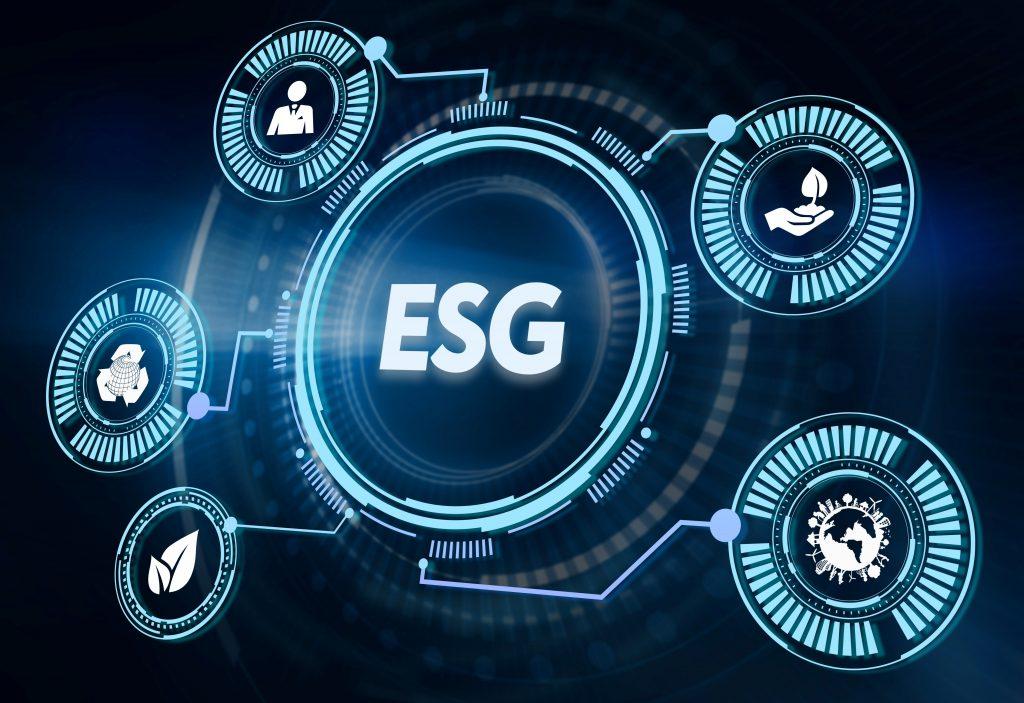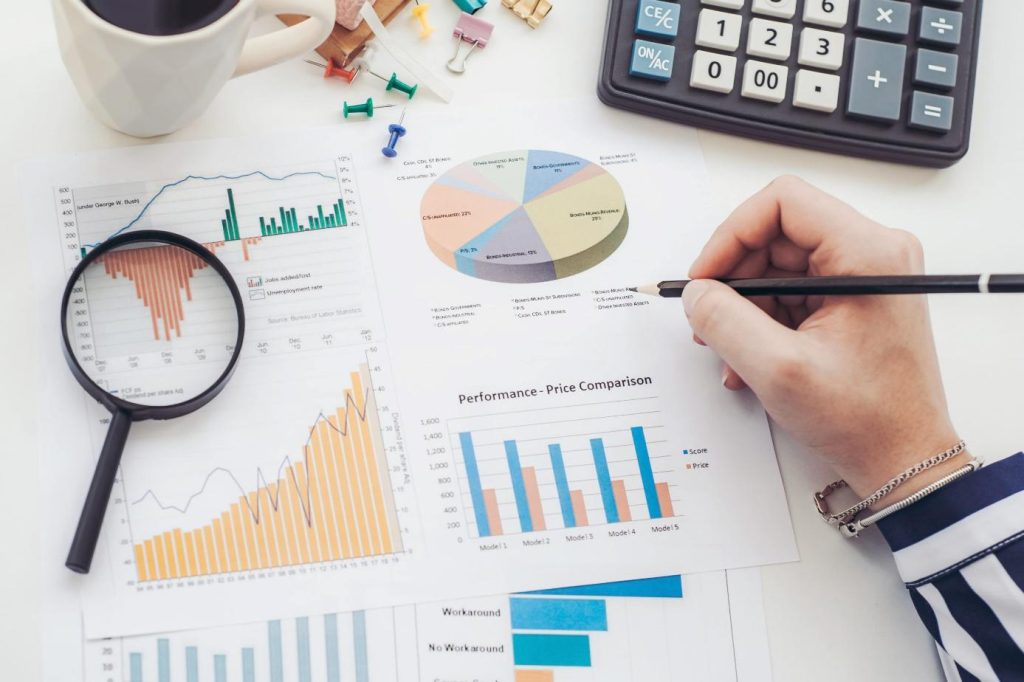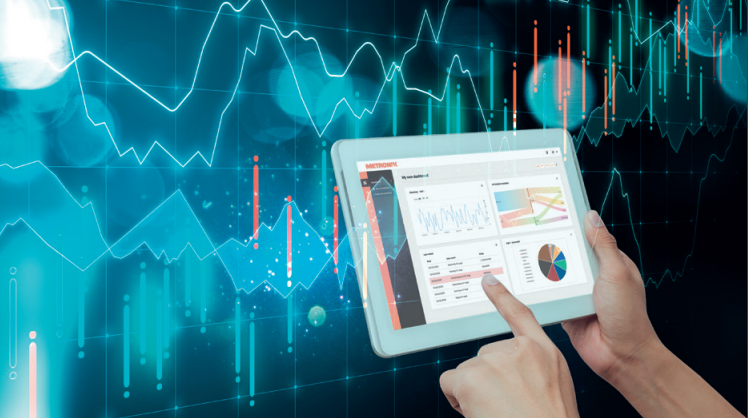Sustainability has been an important topic for several years, although it has been somewhat
overshadowed in recent years by the coronavirus, the energy crisis and the war in Ukraine.
Nevertheless, it has now regained prominence with the introduction of the new European Corporate
Sustainability Reporting Directive (CSRD), which came into effect at the end of last year.

The European Green Deal
Sustainability reporting supports the European Green Deal, a package of policy measures aimed at
transforming the EU into a modern, efficient and competitive economy with net zero greenhouse gas
emissions by 2050.
The first Non-Financial Reporting Directive (NFRD) was already adopted in 2014, under which
approximately 11,600 companies in the EU started sustainability reporting in 2018 for the previous
financial year. However, despite the defined guidelines, the reporting and quality of the information
disclosed by companies under the NFRD have not significantly improved.
To address this, the CSRD Directive was introduced to help achieve the goals of the European Green
Deal more successfully by providing more concrete information about risks and opportunities
regarding sustainability in companies and their impacts on people and the environment as a principle
of double importance.
Commitment to sustainable reporting
The CSRD Directive expands the scope of the requirements for sustainability reporting to additional
obligees:
- Large companies that meet two out of the following three criteria: 1) have an average
number of employees exceeding 250 in the financial year and/or 2) have a net revenue of
more than EUR 40 million and/or 3) have more than EUR 20 million in capital. - All companies in the EU listed on the stock exchange, including small and medium-sized
companies, except micro-enterprises. - All companies based in third countries that 1) generate more than EUR 150 million in net
revenue in the EU and 2) have at least one subsidiary or branch in the EU.
In addition, companies are now also responsible for monitoring the sustainability information of their
subsidiaries.
Although the directive formally obligates only about 50,000 companies in the EU, its provisions will
affect most of the European economy. This is because additional disclosures by obligees will have to
include information on the most significant actual and potential adverse impacts and the measures
that mitigate or eliminate them throughout their entire value chain.
In practice, this means that all companies that engage with them as business partners, suppliers or
contractors will have to adapt to sustainable business practices and reporting.
Additionally, some companies choose to report voluntarily, as sustainability information is essential
for improving business operations and competitiveness, as well as for various external stakeholders,
such as owners and banks.

ESG sustainability reporting
The CSRD requires companies to qualitatively and quantitatively report on a wide range of
environmental, social and governance (ESG) issues.
Regarding the environment, companies will have to disclose information according to the new
standards, including:
- All major environmental issues, including dependencies and impacts related to climate, air,
land, water and biodiversity. - The level, scope and reduction of greenhouse gas emissions, including carbon offsetting
measures and the source of the envisaged measures. - Energy consumption and energy efficiency.
Technology also has an important role to play in this process, enabling companies to process and
prepare relevant data in a rational way, which is only possible with adequate information support.

How can Metronik help you?
The basis for sustainability reporting is the automatic collection, storage and analysis of data and the
preparation of corresponding reports.
At Metronik, we have developed cutting-edge energy information system MePIS Energy, which
serves exactly that purpose.
It consists of several modules for monitoring and managing energy consumption, energy accounting
and advanced analytics with artificial intelligence, which can calculate consumption forecasts based
on various production and other factors such as tariff classes. It is also flexible in capturing data from
machines, meters and other applications.
Compared to billing data that shows past periods, it enables real-time consumption monitoring and
faster detection and elimination of hidden losses.
It provides industrial, commercial and other companies with clear and comprehensible visibility of
the consumption of various energy products and water, the calculation of their carbon footprint, the
implementation of measures for improvements in individual areas, and the corresponding data for
sustainability reporting.
MePIS Energy is a reliable source of energy and environmental data and enables the following:
- Automatic capture and secure storage of energy and other environmental data in one place
- Automatic calculations of environmental KPI indicators for sustainability reporting, such as
carbon footprint - Quick and easy preparation of energy and sustainability reports
- Management of measures to improve energy and environmental sustainability
- Comprehensive real-time overview of energy consumption in relation to various factors
- Quick detection and elimination of unnecessary energy consumption
- A foundation for meeting the requirements of ISO 50001, ISO 14001, EMAS and other energy
and environmental standards
Although the obligation of sustainable reporting for new obligees will be phased in from 2026 to
2028, it is not advisable to delay until the deadlines, as was the case with the GDPR adaptation.
Taking action under time pressure tends to be more expensive and less well thought out than
preparing for the required changes in a timely manner.
For more information and practical solutions regarding the MePIS Energy system for efficient energy
and environmental management and reporting, please contact Vanja Tomažič at
vanja.tomazic@metronik.si.




